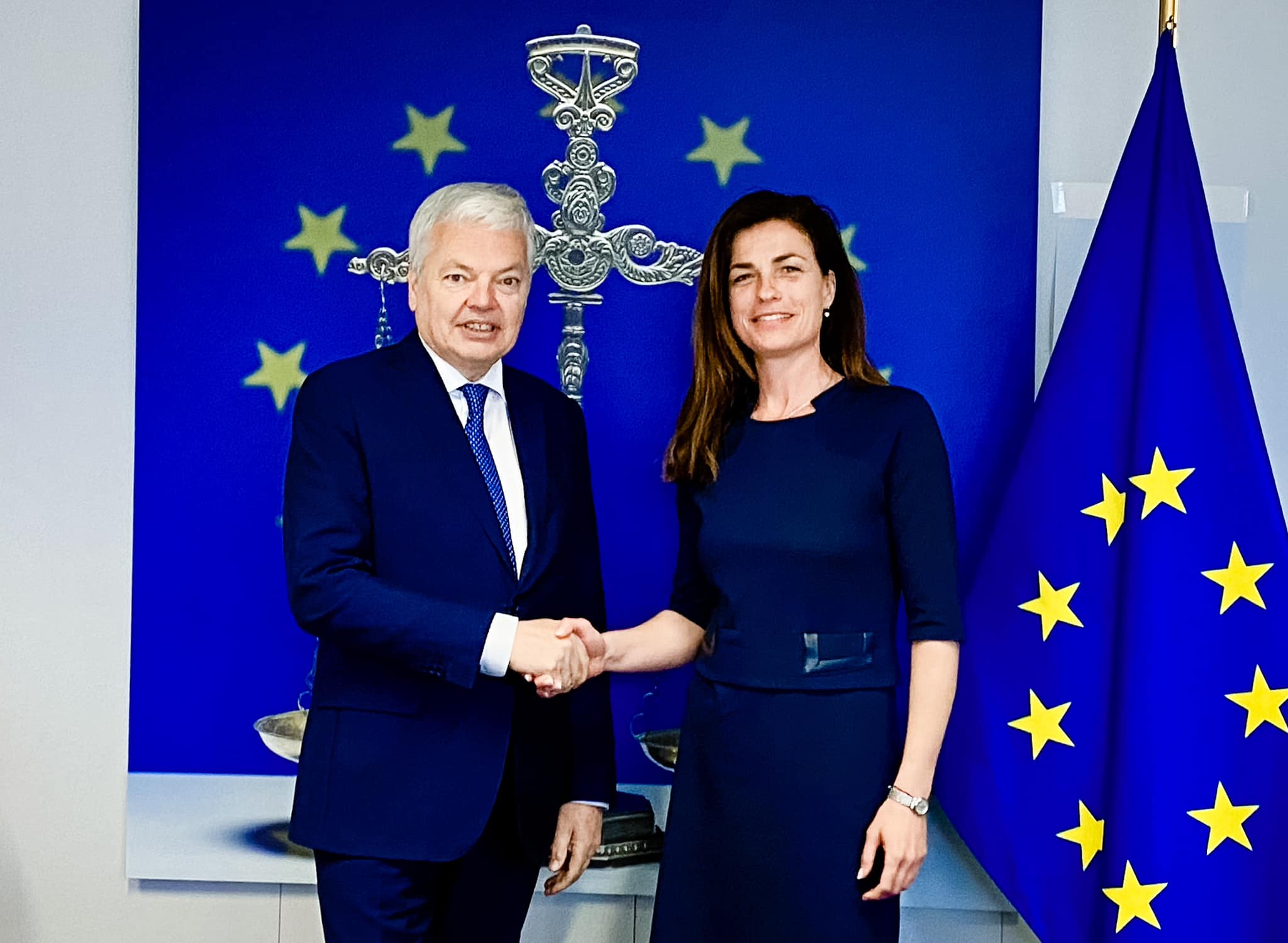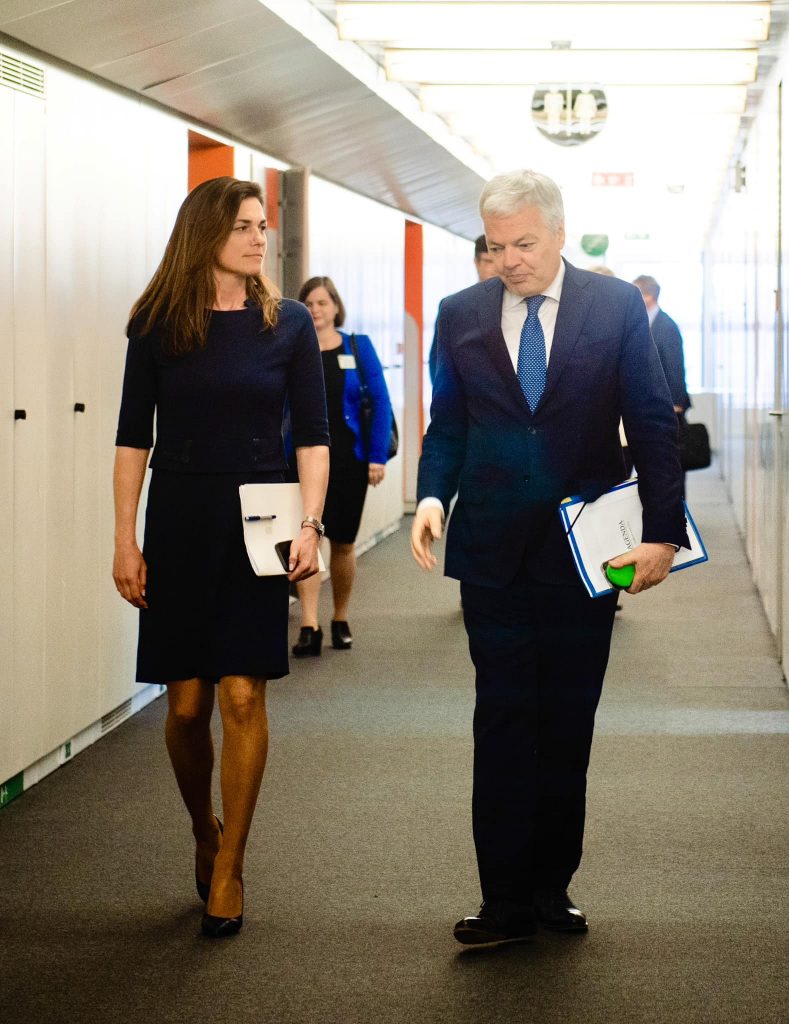
"Hungary supports and will continue to support constructive cooperation," Judit Varga stressed.Continue reading

After the clarification of political issues, the technical negotiations with the European Commission on the judicial undertakings were concluded on Monday, as confirmed by Didier Reynders, the EU Commissioner for Justice, Judit Varga told MTI in Brussels on Monday, adding that only the approval of the College of Commissioners is left to be given.
“Hungary, in line with the agreement reached in December last year, has considered the justice package its top priority to access cohesion and reconstruction funds. We have now reached a crucial stage thanks to the cooperation and work of legal experts, judges’ associations, and interest groups over several months,” the minister stressed. On Monday, she held talks with Commissioner Didier Reynders and Vice-President Dubravka Suica.
She pointed out that the negotiation process had been accompanied by the spread of fake news by various left-wing, European, and Hungarian media. “When they saw that the negotiations were progressing well, they started to stir up the atmosphere,” the minister said.

Judit Varga and Didiner Reynders
Judit Varga also said she no longer expects new conditions from the European Commission on the justice package but added that the body is under political pressure. She believes “it depends on the courage and professionalism of the European Commission to resist the absolute political pressure of the European Parliament, which is completely devoid of professionalism and is a pure political blackmail and power play.”
Commenting on the Child Protection Act, the justice minister said that Italy was one country that did not join the EU court case against the law.

The justice minister addressed an event organized by MCC Brussels and the Foundation for a Civic Hungary
“This proves that there are countries that are capable of interpreting the law and not falling victim to the international gender lobby since it is clear that the EU treaties themselves stipulate that the upbringing of children, the rights of parents, public education, and public education are the competence of the member states,” she explained.
Judit Varga said that the Commission was trying to envisage a disharmony between Hungarian law and EU rules by “forcing” infringement proceedings, invoking the free movement of services and the so-called audiovisual rights violation in the EU. She also underlined that it is “unprecedented” for 15 member states to attack a country on the side of the Commission “simply because there is a powerful international gender lobby, which can influence governments depending on political stability or even coalition constraints.”
Photos via Facebook/Varga Judit